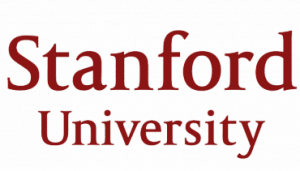Stanford Postdoctoral Fellowship on Islam in North America
Stanford University’s Abbasi Program in Islamic Studies and Department of Religious Studies invite applications for a two-year postdoctoral position on Islam in North America. We seek intellectually ambitious candidates with interdisciplinary aptitude. Possible areas of specialization include but are not limited to:
- Islam and slavery in North America and the Atlantic World
- material culture and religious expression of Muslims in North America
- social/political experience of the Muslim diaspora in North America
- co-constitution of religion, race, gender, and class in North American Muslim identity and representation
The postdoctoral fellow will teach two undergraduate-level courses each year in the Religious Studies Department, pursue his/her own research agenda, and organize a set of academic events in the 2nd year. Ideally, one of the courses each year will provide an introduction to some of the most important features of Islam through an analysis of major theories and methods in the academic study of religion. The fellow will actively contribute to the intellectual life on campus, and collaborate closely with the colleagues at the Stanford Center for Comparative Studies in Race and Ethnicity.
A Ph.D. in Religious Studies or in a related field (such as Anthropology, History, Sociology, Ethnic Studies, American Studies) is required by the time of appointment on September 1, 2017. The recipient may not be more than five years beyond the receipt of doctoral degree on September 1, 2017. Compensation includes an annual salary of $65,000, health insurance coverage, a $1,500 research fund per year, and a $5,000 programming fund.

